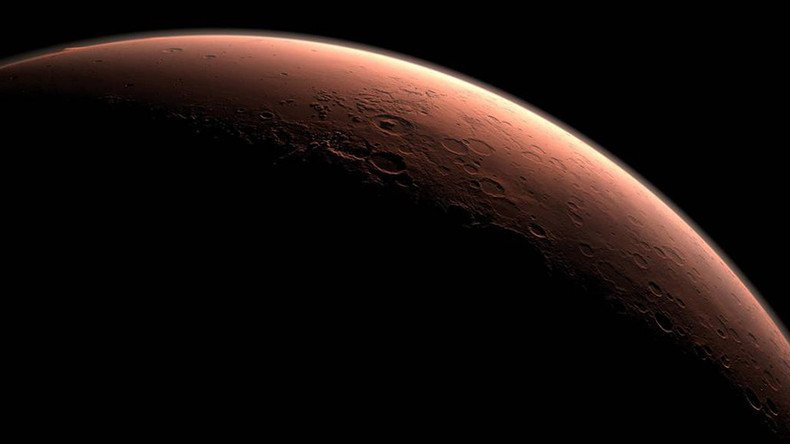Elon Musk explains why space colonizers should choose ‘fun’ Mars over the moon

SpaceX founder and CEO Elon Musk is making his case for people to colonize “fun” Mars instead of the moon.
A paper on Musk’s Mars mission, published in the journal New Space, argued humans who wish to be “multi-planetary species” should opt to relocate to the Red Planet because the moon lacks the same feasibility to become a “self-sustaining city.”
“I think it is challenging to become multi-planetary on the moon because it is much smaller than a planet," said Musk. "It does not have any atmosphere. It is not as resource-rich as Mars. It has got a 28-day day, whereas the Mars day is 24.5 hours. In general, Mars is far better-suited ultimately to scale up to be a self-sustaining civilization.”
'It’s time to go back to the moon, but this time to stay' - Jeff Bezos (VIDEO) https://t.co/1mOxMnvVnUpic.twitter.com/ys5LgeIuLa
— RT (@RT_com) May 25, 2017
The fun factor on Mars is also worth noting, says Musk: “It would be quite fun to be on Mars because you would have gravity that is about 37% of that of Earth, so you would be able to lift heavy things and bound around."
READ MORE: A step closer to Mars: SpaceX test fires ‘world’s most powerful rocket’ (VIDEO)
Musk does admit, however, that current costs mean such a trip to Mars equates to some $10 billion per person. A cost he remains determined to lower by 5 million percent to “roughly equivalent to a median house price in the United States, which is around $200,000."
On the opposite side of the colonizing scale, Blue Origin founder Jeff Bezos wants to build a permanent settlement on the moon. Bezos claims his mission – albeit a shorter one – could be under way as early as July 2020.
Musk maintains his ambitious 10-year deadline to get colonists on Mars is feasible “if things go super-well.” NASA has a more cautious Mars goal of 2030.
The race is on as to who will get where they’re going first.












